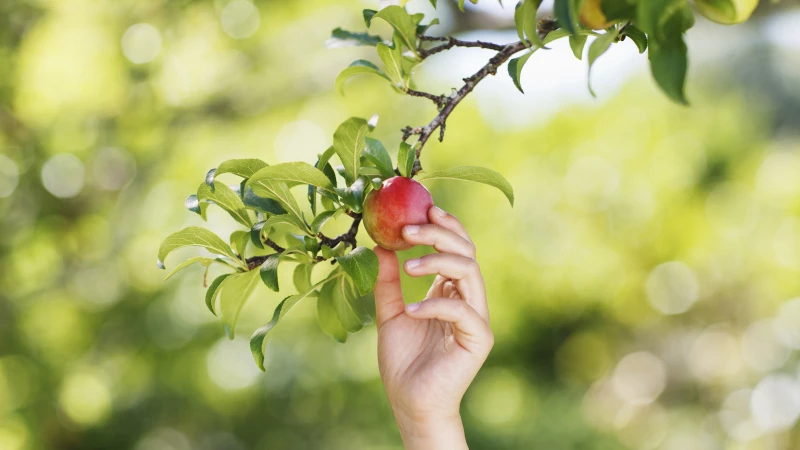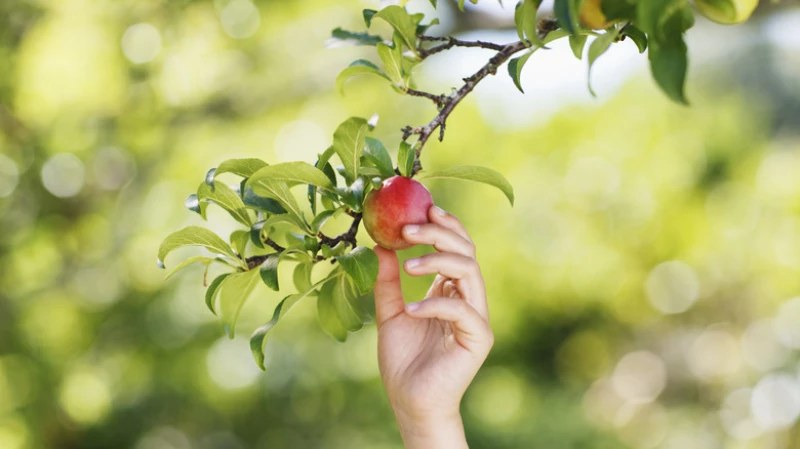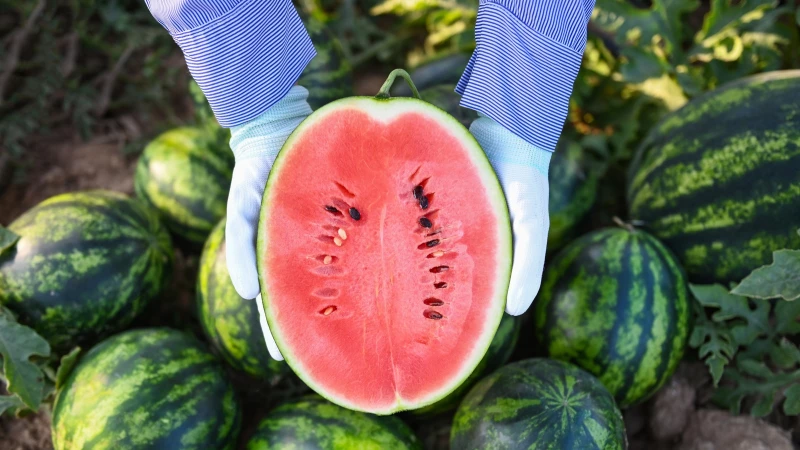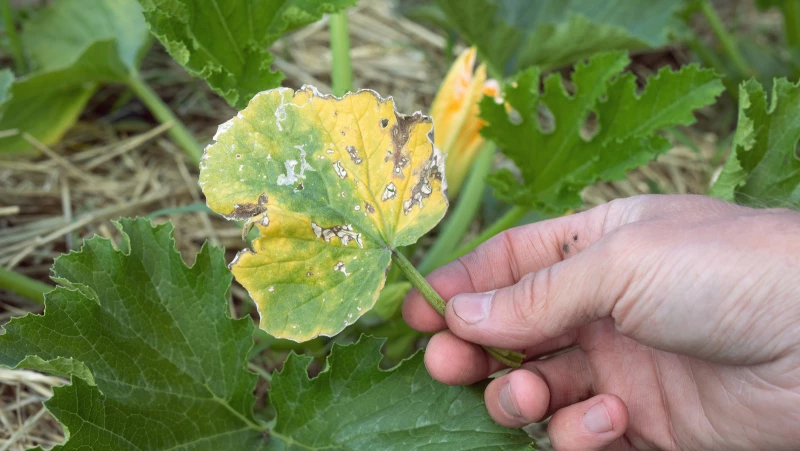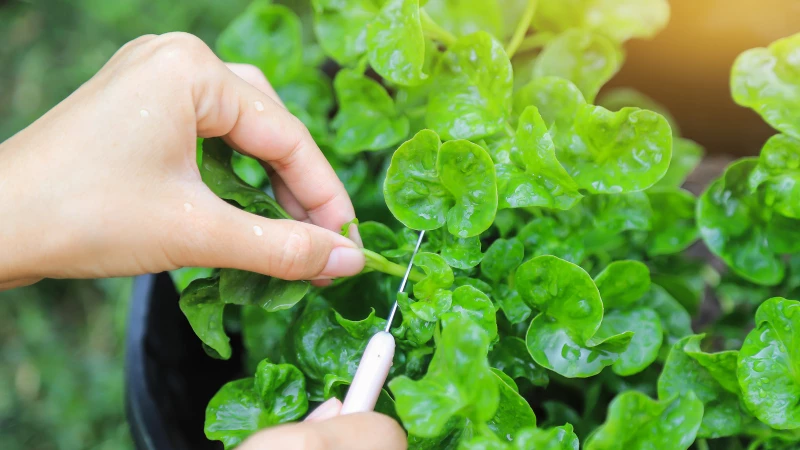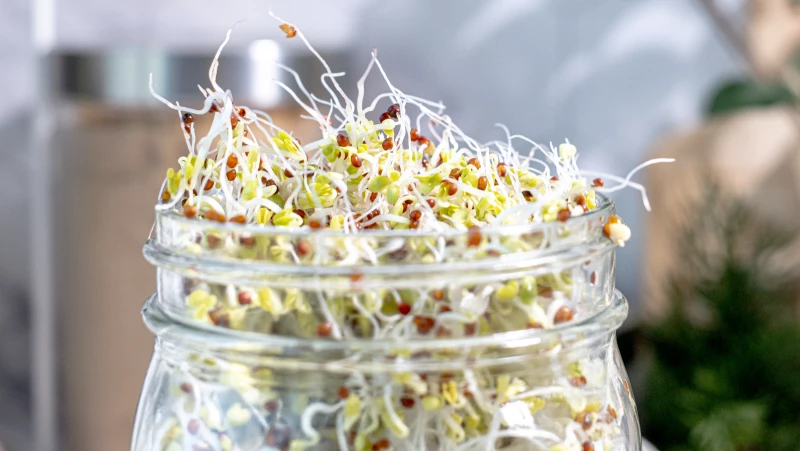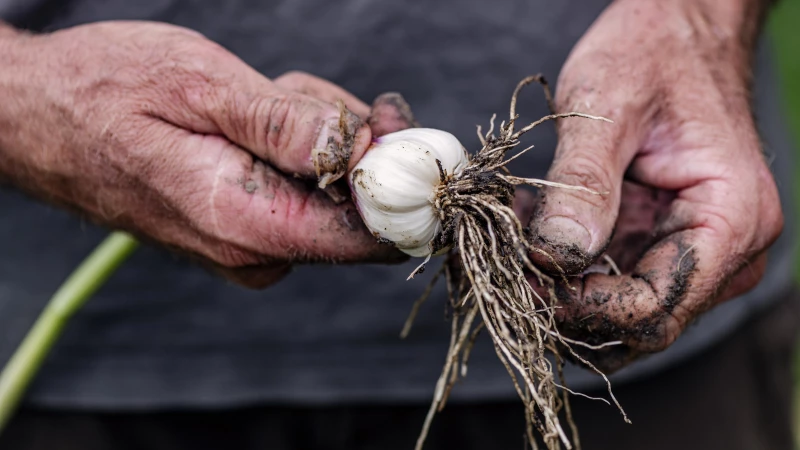Fruit trees are a delightful addition to any yard, offering a variety of culinary possibilities. As the fall harvest approaches, it is essential to give your trees the proper care they need throughout the growing season to ensure healthy and well-developed fruit by autumn. Fruit trees are susceptible to bacterial and fungal infections, thriving in the humid conditions that these microorganisms prefer. Failure to address these infections can severely impact the tree's health, resulting in a diminished crop yield or quality. However, you can protect your fruit trees and help them flourish by using a common household ingredient - vinegar.
Using Vinegar to Protect Your Fruit Trees
Vinegar, a natural and eco-friendly pantry staple, can help protect your fruit trees in the backyard thanks to its antimicrobial properties. The active ingredient in vinegar, acetic acid, creates an environment that is inhospitable to bacteria and fungi by lowering the pH of the tree's tissue and surrounding soil. This inhibits the growth and spread of microorganisms without the need for harmful chemicals that can harm the fruit or beneficial pollinators.
One way to apply vinegar to your fruit trees is by using a foliar spray or soil drench. This method helps protect the trees from bacterial and fungal infections throughout the growing season. To create a foliar spray, mix a tablespoon of vinegar in a gallon of water and transfer it to a spray bottle or pump sprayer. Ensure to coat both the tops and bottoms of the leaves thoroughly to prevent infections. For larger trees, using a ladder may be necessary to reach higher branches safely. By using vinegar, you can maintain the health of your fruit trees in an affordable and environmentally friendly way.
Cautions for this method
If a foliar spray isn't your jam, a soil drench can also be effective. To try this method, simply mix two tablespoons of vinegar with a gallon of water. Then use this solution to water your trees. You can use this application monthly to help ward off bacteria and fungi from your fruit trees. Depending on the size of your tree, you may need several gallons of water to effectively water around the base. Try this method in the morning or late afternoon.
Choosing to use vinegar in your garden to protect your fruit trees from bacteria and fungi may be a great option for your plants, though it's important to proceed with some considerations in mind before starting. Vinegar is highly acidic and excessive applications or high concentrations can damage your fruit trees, so it's essential to dilute the vinegar appropriately before using it on your trees so that you don't accidentally damage them in your efforts to protect them. Should you find that the initial application isn't effective, it may be best to contact a local nursery for advice on how to proceed with protecting your trees before reapplying your vinegar spray or drench.
In a related development, vinegar has shown remarkable efficacy in combatting harmful bacteria and fungi. However, it's essential to note that excessive use of vinegar can also have adverse effects on beneficial bacteria and microorganisms present in the soil and on the tree's surface. This over-application can inadvertently result in soil degradation. Residents in regions with high rainfall may face a dilemma as the frequent rain can wash away a significant portion of the vinegar solutions applied. Determining the appropriate frequency and quantity of vinegar application under such circumstances can prove challenging. Seeking guidance from local nurseries, which are well-versed in tree care specific to your climate, is advisable. Additionally, closely monitoring your trees' response to the treatment is a valuable starting point.

